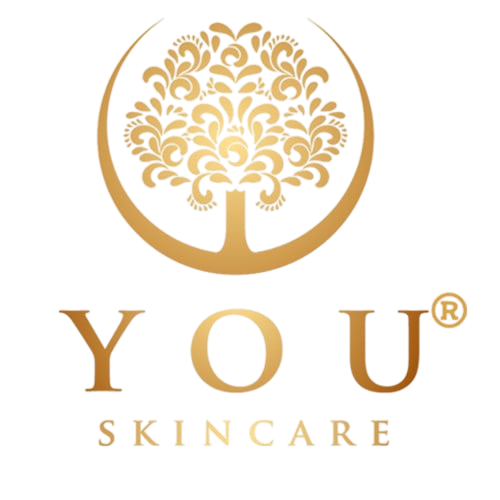January 11, 2025
When you think about skincare, surfactants may not be the first thing that comes to mind. However, these molecules are the unsung heroes behind many of your favorite products, from cleansers to moisturizers. Surfactants are scientifically fascinating, offering properties that cleanse, emulsify, and improve the overall feel and performance of skincare formulations.
In this blog post, we’ll dive deep into the science of surfactants, using insights from scientific research to help you understand how they work, their different types, and their importance in creating effective skincare products.
Surfactants, short for surface-active agents, are compounds that reduce surface tension between two substances, such as oil and water. Their molecular structure includes two key parts:
This dual nature allows surfactants to act as emulsifiers, stabilizing formulations where oil and water would otherwise separate. In skincare, they are vital for creating cleansers, foams, and creams that feel luxurious while delivering results.
Humans have utilized surfactants for thousands of years, dating back to Sumerian civilizations (circa 10,000 BC) when early forms of soap were made using ash and plant oils. Today, surfactants have evolved into sophisticated molecules used in diverse applications, with cosmetics being a particularly important area.
Surfactants are commonly used in facial cleansers to remove dirt, excess oil, and impurities. They work by surrounding oil molecules and breaking them into smaller droplets that water can easily rinse away.
Surfactants are behind the luxurious foam you get in shampoos and body washes. High-foaming surfactants like sodium lauryl sulfate (SLS) provide a rich, creamy lather that enhances the sensory experience.
By reducing surface tension, surfactants allow active ingredients to spread more evenly across the skin, improving absorption and efficacy. For example, ether carboxylates are often included in formulations for their ability to enhance product performance.
Surfactants also play a critical role in stabilizing emulsions. Without them, creams and lotions would separate into their oil and water components, making them ineffective.
These are negatively charged surfactants, ideal for cleansing and foaming. Examples include:
Positively charged molecules, these are primarily used in conditioners and hair products for their antistatic and softening properties. Quaternary ammonium compounds, for instance, are excellent conditioning agents.
These have no electrical charge, making them gentle on the skin. Nonionic surfactants like ethoxylated alcohols are used in cleansers and emulsions for their mild nature and stability.
These can carry both positive and negative charges depending on the pH. Their versatility makes them suitable for gentle cleansers and baby care products. Betaines, for example, are widely used for their foam-stabilizing and mild properties.
One of the primary concerns in skincare is balancing efficacy with gentleness. Surfactants like alkyl polyglucosides (APGs) have emerged as game-changers. These are derived from renewable sources such as corn or coconut oil and are known for their mildness and biodegradability. They not only cleanse effectively but also protect the skin barrier, making them a preferred choice in eco-conscious formulations.
Not all surfactants are suitable for all skin types. Here’s a quick guide:
By understanding the surfactants in your skincare products, you can better tailor your routine to meet your unique skin needs.
As the demand for sustainable and skin-friendly products grows, the industry is shifting towards natural surfactants like saponins and advanced molecules like sodium lauryl glucose carboxylate. These surfactants combine the best of performance and sustainability, paving the way for a greener future.
Surfactants are at the heart of skincare science, bridging the gap between efficacy and experience. Whether you’re cleansing, conditioning, or moisturizing, these molecules ensure your products deliver the results you expect.
At YOU Skincare, we prioritize science-backed, skin-friendly formulations. Our products harness the power of advanced surfactants to offer gentle yet effective solutions for your skin.
Discover the difference at YOU Skincare and embark on a journey to healthier, radiant skin.
Comments will be approved before showing up.
April 07, 2025
Many of us dream of having bright, radiant skin that glows with health. Skin brightening treatments have become increasingly popular as they help reduce dark spots, even out skin tone, and restore a youthful appearance. Modern skin brightening treatments work by targeting melanin production, removing dead skin cells, and promoting cell turnover to reveal fresher, more luminous skin underneath.
January 28, 2025
Finding the right face mask for sensitive skin can be tricky. Many masks contain strong ingredients that may irritate delicate skin. But don't worry - there are great options out there.
January 27, 2025
Oily skin can be tricky to manage, but hyaluronic acid might be the secret weapon you've been looking for. This powerful skincare ingredient is known for its ability to hydrate and plump the skin. You might think adding moisture to oily skin is counterintuitive, but it's actually quite beneficial.
